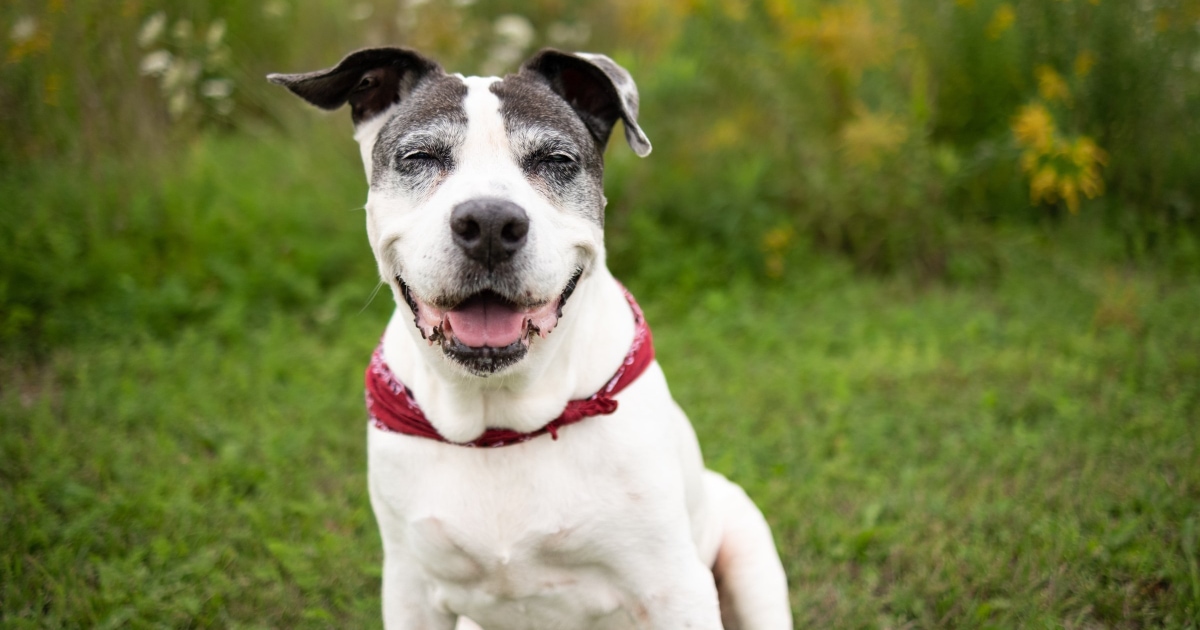As your Pitbull ages, their needs change, requiring special attention and care to ensure they live a comfortable and healthy life in their senior years. This guide covers essential aspects of senior Pitbull care, from diet and exercise to health monitoring and emotional well-being.
Understanding the Aging Process
Pitbulls are considered seniors around 7-9 years old, though this can vary depending on their overall health and lifestyle. Aging brings physical and behavioral changes, including reduced energy, joint stiffness, and possible cognitive decline. Understanding these changes helps you provide the best care for your aging companion.
Diet and Nutrition
A balanced diet is crucial for a senior Pitbull’s health. Older dogs require fewer calories but still need a diet rich in nutrients to support their aging bodies.
- High-quality protein: Helps maintain muscle mass.
- Healthy fats: Omega-3 fatty acids support joint health and cognitive function.
- Fiber: Aids in digestion and prevents constipation.
- Antioxidants: Boost the immune system and reduce inflammation.
Consider senior-specific dog food formulas designed to meet the nutritional needs of older dogs. Always consult your vet before making any dietary changes.
Exercise and Mobility
Regular, moderate exercise keeps your senior Pitbull active and maintains joint and muscle health. Adjust their exercise routine to their comfort level:
- Shorter, more frequent walks: Easier on joints and provide regular mental stimulation.
- Gentle play sessions: Avoid high-impact activities to prevent injury.
- Swimming: Great low-impact exercise that is easy on the joints.
Monitor your dog’s mobility and consult your vet if you notice significant stiffness or discomfort.
Health Monitoring and Vet Visits
Regular vet check-ups are essential for early detection and management of age-related health issues.
- Bi-annual vet visits: Allow for thorough health evaluations.
- Dental care: Regular cleanings and at-home dental hygiene prevent oral health problems.
- Weight management: Helps avoid additional stress on joints and other health complications.
Keep an eye out for changes in behavior, appetite, and mobility, and report any concerns to your vet promptly.
Comfort and Living Environment
Make adjustments to your home to ensure your senior Pitbull’s comfort:
- Orthopedic dog bed: Provides support for achy joints.
- Non-slip mats: Prevent falls on slippery floors.
- Easy access to food and water: Keep bowls at a comfortable height.
Creating a safe, comfortable environment helps your dog feel secure and reduces the risk of injury.
Mental and Emotional Well-being
Mental stimulation and emotional support are vital for your senior Pitbull’s quality of life:
- Puzzle toys and games: Keep their mind active.
- Training sessions: Continue basic obedience or teach new, simple tricks.
- Social interaction: Ensure regular interaction with family and other pets.
Senior dogs can experience anxiety or confusion, so maintain a consistent routine to provide a sense of stability and security.
Managing Health Issues
Common health issues in senior Pitbulls include arthritis, heart disease, and cognitive dysfunction. Work closely with your vet to manage these conditions effectively:
- Medications and supplements: Follow your vet’s recommendations for pain management and joint health.
- Therapies: Consider physical therapy, acupuncture, or hydrotherapy to alleviate discomfort.
- Routine screenings: Regular blood tests and screenings help detect issues early.
End-of-Life Care
As your Pitbull approaches the end of their life, focus on their comfort and quality of life:
- Palliative care: Manage pain and provide a comfortable environment.
- Emotional support: Spend quality time with your dog and provide reassurance.
- Consult your vet: Discuss options and make decisions based on your dog’s well-being.
Caring for a senior Pitbull can be challenging but incredibly rewarding. With the right approach, you can ensure your loyal companion enjoys their golden years with comfort, dignity, and love.


Leave a Reply